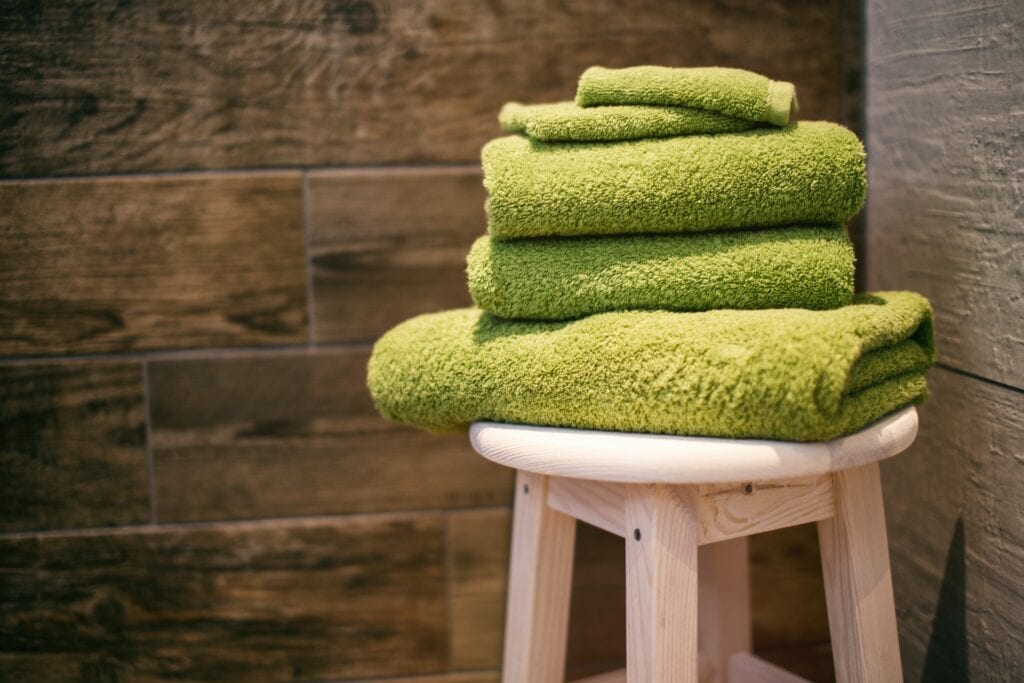Allergies can be a real nuisance, causing a range of uncomfortable symptoms such as sneezing, itching, and congestion. Many people turn to various remedies in search of relief, including medications and natural therapies.
One such therapy gaining popularity is the use of saunas. But does sauna help with allergies?
In this article, we will explore whether saunas can provide relief for allergies and discuss the potential benefits they may offer.
Read on to learn about:
- Common allergy symptoms and their effects.
- The role saunas might play in alleviating these symptoms.
- Benefits and precautions when using saunas for allergies.
Let’s find out if saunas are good for allergies.
Does Sauna Help Allergies?
Yes, saunas can offer some relief from allergies. The warm environment of a sauna, combined with the induced sweating, creates a setting that can be beneficial for various health concerns, including allergies.
The heat causes blood vessels to dilate, increasing blood flow and oxygenation. These physiological changes can have positive effects on various bodily functions, including the respiratory system.
Saunas help you with:
Clearing Nasal Passages
The heat and steam from saunas can help open up nasal passages, providing temporary relief from congestion – a common allergy symptom.
Beyond just the immediate comfort, clearer nasal passages can lead to better sleep and overall improved well-being, especially during peak allergy seasons.
Reducing Inflammation
Regular sauna use might help reduce inflammation in the body. Since allergies often cause inflammatory responses, this could potentially help you reduce those symptoms.
Reduced inflammation also leads to other health benefits, such as improved joint health and increased energy levels.
Detoxification
Sweating in a sauna can help the body get rid of toxins. While this doesn’t directly combat allergies, a healthier body responds better to allergens.
Stress Reduction
Saunas promote relaxation. Since stress can trigger or worsen allergy symptoms for some individuals, reducing stress tends to be beneficial. Beyond allergies, managing stress is crucial for overall mental health, and regular sauna sessions are a therapeutic addition to your wellness routine.
While saunas provide relief, it’s essential to remember that individual experiences may vary. It’s always a good idea to monitor how your body reacts and consult with a specialist if needed.
The Science Behind Saunas
Saunas have been used for centuries across various cultures, primarily for their relaxation and detoxification benefits. But how do they work, and what effects do they have on the body?
- Heat Exposure: Saunas expose the body to high temperatures, which induces sweating. This process helps to open up the pores and release toxins.
- Improved Circulation: The heat from saunas causes blood vessels to expand, leading to improved blood flow. This can aid in the removal of allergens and other toxins from the body.
- Relaxation Response: The warmth of a sauna can lead to muscle relaxation and reduced stress. Stress has been linked to exacerbating allergy symptoms, so relaxation can be beneficial.

Precautions When Using Saunas for Allergies
While the benefits of saunas are evident, it’s equally important to approach their use with mindfulness. Saunas, like any therapeutic tool, come with their set of considerations.
Ensuring a safe and beneficial experience requires awareness of potential risks and understanding how to mitigate them.
Stay Hydrated
The high temperatures in saunas can cause excessive sweating, leading to dehydration. It is crucial to drink plenty of water before and after sauna sessions to replenish lost fluids and maintain hydration.
Limit Session Duration
Excessive heat exposure can be detrimental to health, especially for individuals with certain medical conditions. It’s important to limit sauna sessions to a reasonable amount of time (typically 10-20 minutes) and avoid staying longer than recommended.
Especially for beginners, it’s advisable to start with shorter sessions and gradually increase the duration as your body gets accustomed.
Monitor Your Body
If you feel dizzy, lightheaded, or overly fatigued, it’s essential to exit the sauna and cool down. Hydrate especially if you are feeling thirsty, or tired.
Assess Your Respiratory Health
Before using saunas for allergy relief, understand your respiratory health. Consider undergoing a Breathing Lung Function Test. This test gauges the efficiency of your lungs, helping you determine if saunas are a suitable choice.
A Note on Sweat and Allergies
While saunas can offer numerous benefits, it’s essential to understand that sweat can also exacerbate certain conditions. For instance, sweat can irritate and dry out sensitive skin in those with eczema, intensifying the itching sensation. This is particularly concerning for individuals who already deal with skin-related allergic reactions.
Furthermore, during episodes of allergic rhinitis, the body produces excessive amounts of histamine to combat allergens like pollen and animal dander. This heightened histamine production can lead to adrenal fatigue, resulting in increased sweating. Such excessive sweating, especially in a sauna environment, might not be ideal for everyone.
It’s crucial to be aware of these potential complications and consult with an allergy specialist before incorporating saunas into an allergy management routine.
Conclusion
Saunas offer great benefits to those fighting allergies and related symptoms. The heat and steam in saunas can help clear airways, promote detoxification, and reduce stress levels, potentially providing relief for allergy sufferers.
However, it is essential to take precautions, such as staying hydrated and limiting exposure time, to ensure safety and maximize the benefits. As with any natural remedy, it is always advisable to consult with a healthcare provider before incorporating saunas into your allergy management routine.
If you or a loved one are experiencing persistent allergy symptoms and are curious about the potential benefits of saunas, it’s essential to seek expert guidance. At Arizona Allergies Associates, our dedicated team of specialists is here to help. Don’t let allergies hold you back; explore our range of services and take the first step towards a healthier life.



